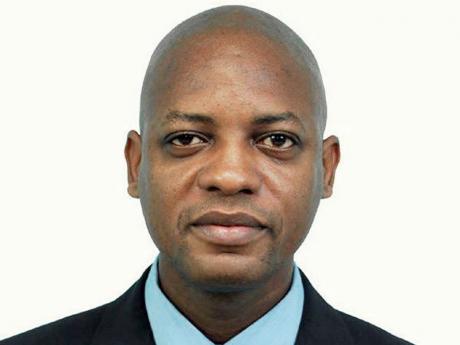It's not what you make, it's what you keep
Glenford Smith, Career writer
One thing almost everyone could use some more of is money. If you doubt me, ask the next 10 people you meet. I believe many of their responses will be variations on the theme, "I'm struggling to make ends meet financially."
It's counterintuitive and potentially controversial to suggest, but I will do so anyway, that the problem, in many such cases, isn't an unworkable income. Yes, everyone could do better with a bigger pay cheque. But the real problem is often how people manage what they do earn, rather than merely a matter of how much they earn.
Consider two persons, A and B, both earning $100,000 monthly. Person A has monthly expenses totalling $120,000 while person B keeps his costs at $75,000 and saves $10,000 monthly, no matter what.
Now, we understand if person A says his expenses are absolutely necessary and he couldn't cut back on anything even if he wanted to. Also, that B has less responsibilities and, therefore, has a greater disposable income, enabling him to save. All this might be true.
The undeniable fact, however, is that what will make the difference in the level of financial prosperity between these two individuals is not how much they're making. Rather, it is the fact of how they spend what they earn. More particularly, it is how much they are able to keep, save and invest.
It's always tempting to think that if you were making a million or two more per year, you would finally create the level of financial success you dream about. It has been shown, however, that when people actually come into more money, they don't save and invest more. Instead, they simply raise their standard of living - they buy a nicer car, a bigger home and take more exotic vacations.
Businessweek magazine recently profiled the Brazilian Eike Batista, formerly the world's eighth-richest man with a personal fortune estimated at US$34.5 billion. The article, titled 'Nothing Man: How did Eike Batista lose $34.5 billion?' details how the former oil tycoon lost all his money in one year and is teetering on the brink of bankruptcy.
It is the cautionary tale of an extravagant lifestyle, combined with a pattern of injudicious investments, which eventually proved his undoing. I believe what we can learn from it is to prudently manage whatever money we are currently making, even as we seek to increase our income.
Follow the age-old advice to 'pay yourself first' by saving at least 10 per cent of your current income before doing anything else with your pay. No matter how little you earn, this practice will eventually accumulate into an investable amount. As your income grows, resist the temptation to raise your standard of living; instead, save the increased amount. Invest in your financial literacy as a means of recognising and avoiding dubious investment schemes.
Ultimately, financial success and peace of mind are not the products merely of how much money you make. It is often more a matter of how much you keep.

